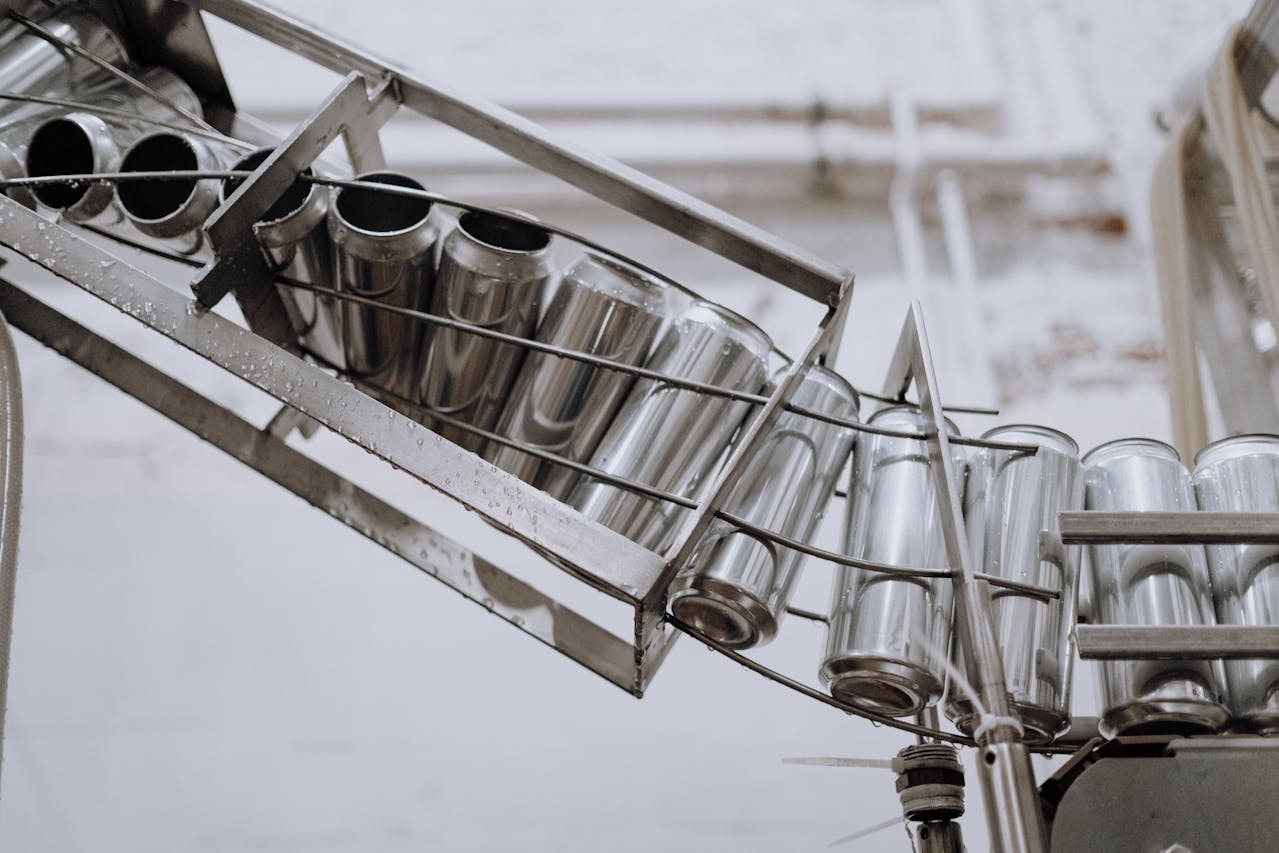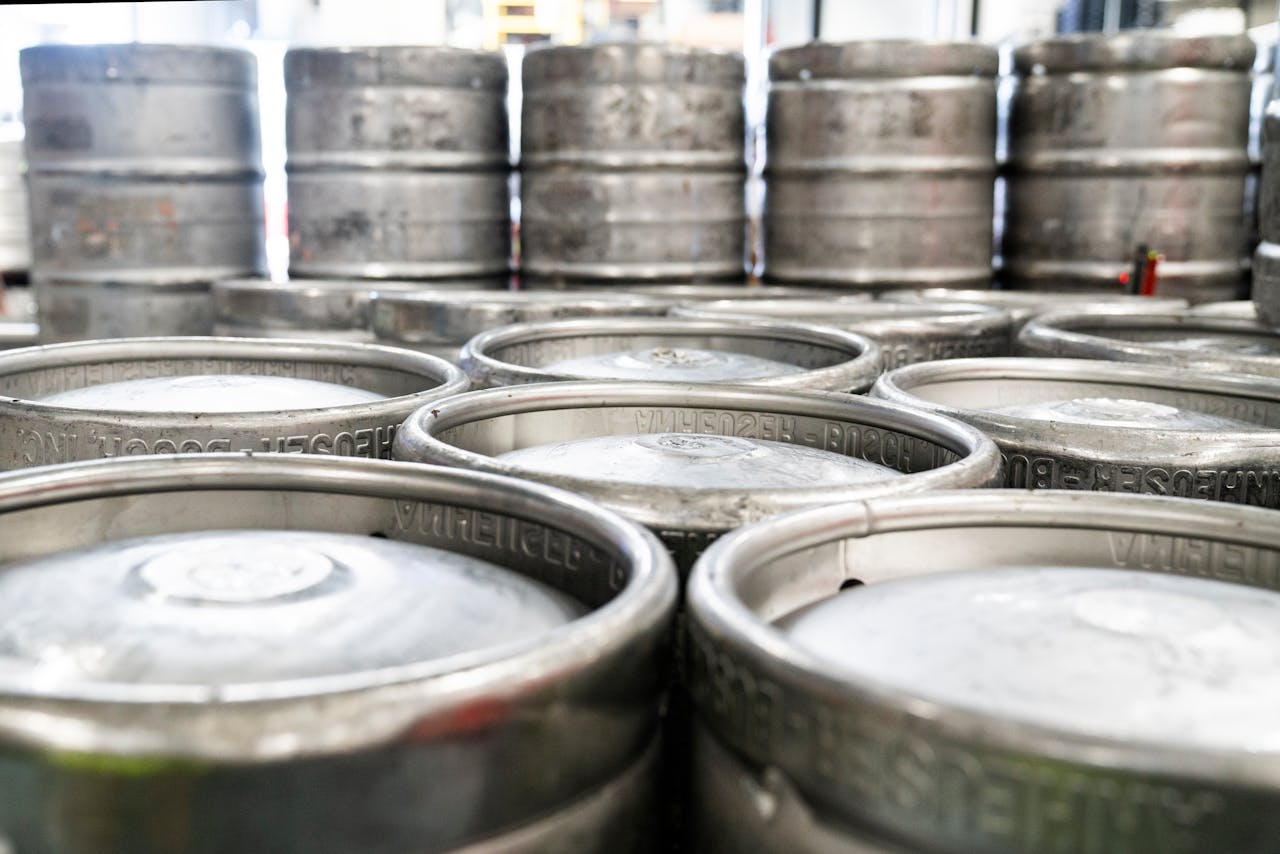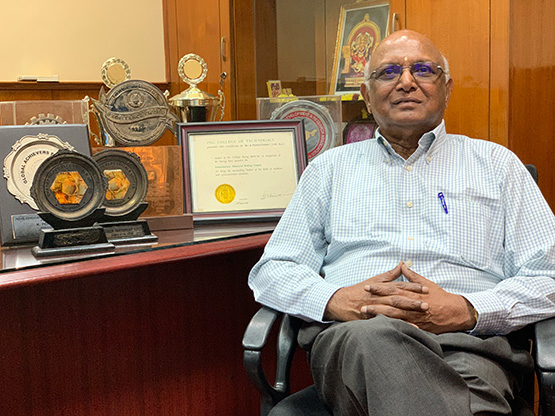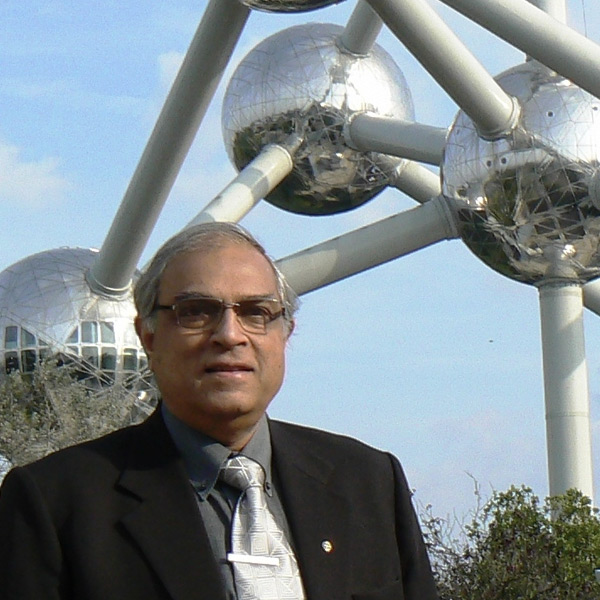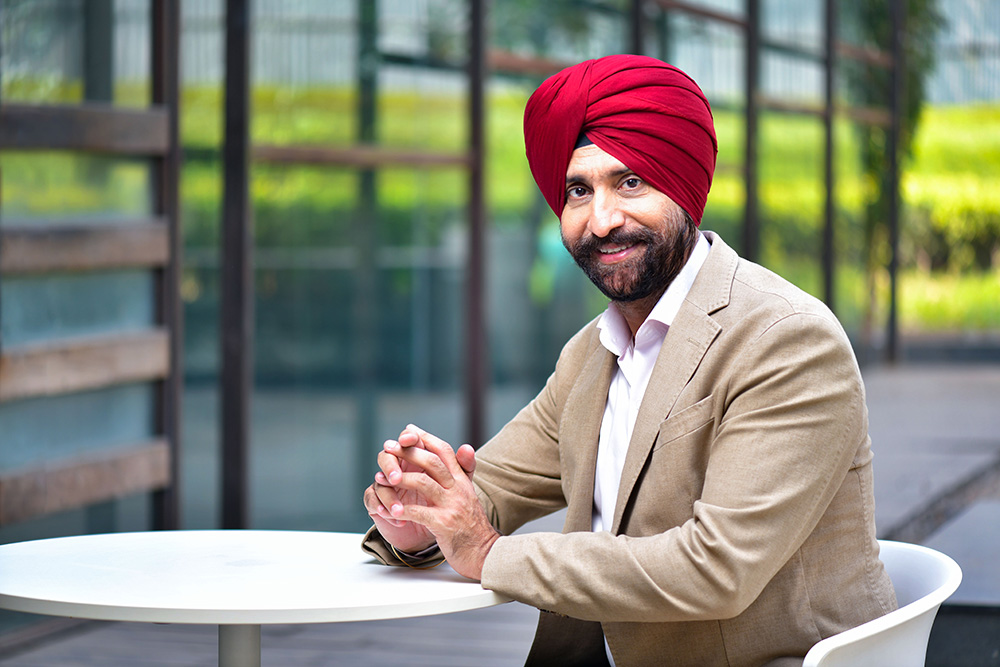Mr Akshay Agarwal
August 29, 2020

Determined and dazzling, Executive Director, Century Metal Recycling, Mr Akshay Agarwal rightly exemplifies the new and youthful India Inc. Deeply devoted to his family values, Mr Agarwal expertly marries the traditional insights of his family business with his modern vision for development and sustainability. Stainless Post brings to you an inspiring interview with our star supplier who surpassed all rating criteria- quality, lead time, volume, lot size, etc.- and went on to become the A-rated suppliers of Jindal Stainless.
How did your journey begin? What motivated you to step in your family business?
Our family’s business journey started in 1986 when my grandfather partnered with his friend from Calcutta (now Kolkata) and set up a small Aluminium alloy manufacturing factory in Faridabad. A young and energetic Chartered Accountant in 1986, my father wanted to be his own boss and he jumped on the opportunity along with my grandfather. Developed in less than 2,000 sq metres, this factory delivered nearly 500 tonnes aluminium alloy per month for manufacturing automotive components. In 1999, we set up a new factory for aluminium recycling. Spread over ~10,000 sq metres, this modern factory was equipped with the latest Japanese technology. It produced nearly 1,500-2,000 tonnes of aluminium alloy per month.
As there was difference in ideologies between ourselves and our partners, we decided to amicably part ways in 2005. As a result, in 2006, Century Metal Recycling was started by my family. From ~20,000 MT per annum in 2006 to 200,000 MT per annum today, our production has enhanced over the years and we continue to serve the national and global manufacturers. This was a result of my father’s vision and his commitment to his dream.
After graduating as a Mechanical Engineer from BITS Pilani, Goa in 2014, I joined the family business. This afforded me the opportunity to work as a decision maker, and allowed me to learn from my mistakes right from the start. I love working with my family as I can develop my business acumen under mentorship of my father and grandfather.
What are the major milestones of your business? What changes did you bring in after joining your family business?
We started from scratch, but we had a clear ambition of establishing a world-class metal recycling firm. In 2006, we set up our first modern plant 20 km away from Faridabad in Palwal, Haryana. This was a state-of-the-art facility with European equipment. One can say we wanted to make a statement from the start. This plant has grown over the years, and now handles volumes upto 10,000 MT per month. In 2008, our second plant came up in Haridwar along with Rockman Industries (part of Hero Group) who manufacture automotive components. This was the first time that India witnessed the concept of liquid metal supply. Liquid metal was supplied in insulated ladles, saving customers the cost of remelting or managing inventory. It proved to be our blue ocean strategy in the commodity business as it promised us assured business, while adding significant value for our customers. Presently 60-70% of our business comes from sale of liquid metal.
In 2013, we attracted our second round of private equity investment, which helped us bring stronger corporate governance. Later, we went on to establish several other liquid metal plants in Haryana. We also entered into separate joint ventures with two very large and reputed Japanese companies: Nikkei MC Aluminium and with Toyota Tsusho Corporation in 2012. In order to diversify into electric motor recycling, we entered into a joint venture with a Chinese company- Chiho Environmental Group in 2019, which is an undisputed global leader in the electric motor recycling business.
I managed different functions in our business, which helped me learn the many aspects of the metal recycling industry. Starting with engineering, I learned the nuts and bolts of all the technology we are using. Next, I learned about the rigour and pressures of running operations by running a plant independently. After two years of shopfloor experience, I took to learning commercial functions like scrap sale. This gave me the opportunity to develop a relationship with Jindal Stainless. Today, they are one of our top customers. I helped transform the technology we are using to sort scrap which led to quality and productivity improvements, and made us more resilient to manpower fluctuations. Gradually, we emphasized more on IT in order to take data-driven decisions in our business. This made our supply chain and planning more robust. We are currently exploring ways to bring artificial intelligence to our shop floor, and this will help us become more efficient, which in turn can benefit our customers.
Today, we are a reputed name in the metal sector with a capacity of 300,000 tonnes, 11 manufacturing locations, two overseas buying offices, three joint ventures, and an INR 3000 crore turnover.
When did you associate with Jindal Stainless? How has this association been for you?
We started supplying to Jindal Stainless in 2017 after we realised that there was an opportunity to provide good quality and quantity of stainless steel scrap. Prior to this, nearly 200-300 tonnes of stainless steel scrap was sold to traders, who in turn sold it to Jindal Stainless. However, we came across two prominent aluminium scrap, rich in stainless steel scrap- Zorba and Zurik. Zurik, predominantly composed of stainless steel scrap, was in an oversupply situation. In FY 2017-18, our supply to Jindal Stainless was 300-400 tonnes per month and this increased to 500-600 tonnes per month by FY 2018-19. However, FY 2019-20 proved to be a game changer for the Indian stainless steel industry when Mr Abhyuday Jindal suggested entering into MOUs in order to grow business together. Consequentially, our supplies rocketed from 500-600 tonnes to 2,500 tonnes a month.
Earlier, 90-95% of our business and trade was restricted to automotives. A major benefit of associating with Jindal Stainless was being introduced to the ability to diversify our scope in the stainless steel business.
The best part about being associated with Jindal Stainless is that it is a very transparent Company that values its partners and accommodates our needs. The Company is fair in its market approach and makes sure that the supplier is well taken care of. They are also open to sharing knowledge with its partners. Moreover, the Company has a visionary approach. The fact that Jindal Stainless is striving to make all its supply domestic is commendable. It’s a real honour and pleasure to work with the highly capable team at Jindal Stainless.
Tell us about the work culture in your Company.
CMR is a customer-oriented Company as we are driven by the success of our customers. We strive to find techniques and methods to provide the best service to our partners. Integrity is a non-negotiable requirement for us. This is what enables us foster long-lasting relationships. We care a lot about our team and the environment in which they work. We are equally focussed on the sustainability aspect and are striving for responsible recycling. Being technology focused, we endeavour to develop new methods to improve supply chain mechanism. We believe that ‘change is the only constant’. In the future, we wish to innovate continuously and grow to new heights.
How did COVID-19 impact your business? When do you see the industry reviving from it?
The automotive industry, in particular, suffered last year, nose-diving by nearly 20%. With COVID-19, the situation got worse. However, now the auto industry has started showing signs of revival. The stainless steel business presented itself to us at a time when the aluminium business was weak and it has only got better ever since. Despite the set-back due to the pandemic, the economy is now getting back to normal. I am optimistic and I believe that it is a matter of two more quarters before we are back to pre-COVID-19 times. However, it is interesting to note that the demand for stainless steel is on the rise but supply seems to be shrinking. This is so because international suppliers are now either selling scrap expensive to players like us, or want to profit themselves by extracting stainless steel scrap on their own. Moreover, the fact that majority of Zurik scrap is coming to India, has made the market very competitive.
As a young leader, what motivates you to pursue your family business?
My family has taught me that any business can be good or bad at the same time. It is all a matter of commitment. We are a very closely-knit family who support and encourage each other. As the third generation leader for the Company, I make it a point to bring in innovative ideas to the front so that we are able to better adapt with changing business dynamics.
My daily boost comes from my morning run and a habit of reading daily. These activities help me think afresh and take on new challenges enthusiastically.
